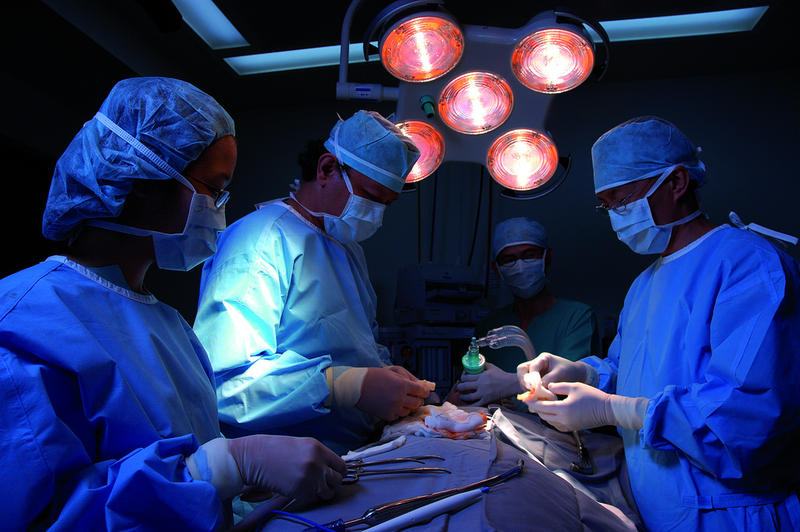Views expressed in opinion columns are the author’s own.
Earlier this week, The Diamondback published a column addressing ways to reduce the large number of preventable deaths by those waiting for a viable organ transplant. The column proposed what some would consider a reasonable alternative: a legal way for one to willingly sell certain organs to those in need.
On paper, his arguments all make sense; for starters, we allow the sale of sperm and egg cells in the United States, so what would make something like a kidney — which most people have two of — any different? We could save lives, and isn’t there value in that?
[Read more: Legalizing kidney sales would incentivize donors and save lives]
Of course there is. Nobody wants those awaiting transplants to die while on a waiting list. But despite how tragic these deaths are, creating an economy of human organs is exactly what dystopian novels are built on. What might seem like a great way to preserve human life is really just a stop on the way to cheapening and degrading it.
Let’s start with the column’s example of the commodification of sperm and egg cells. It argues that “selling a kidney is arguably not as significant [as selling sperm and eggs] in many respects, and produces a greater benefit.”
This is where it begins — by lessening the importance of a kidney versus a sperm or egg cell, Rock is already ranking body parts by their usefulness and, ultimately, their potential worth. People are not merely the sum of their parts, nor just collections of organs.
This attempt to reduce the significance of losing or giving away a kidney does the current organ donation process no favors, either. Even though most people have two, and we can usually survive with just one healthy kidney, losing a kidney isn’t to be taken lightly.
Say somebody decides to sell one of their healthy kidneys purely for the money and then later finds their one good kidney failing? Sure, they knew what they were getting into; they signed the waivers, they knew the chances. But do we really want money to be a factor in a potentially life-threatening decision?
Kidney donation shouldn’t be discussed in such a dismissive manner, just like we don’t often hear people speaking lightly about the donation of eggs. Eggs and sperm are different from kidneys. Eggs and sperm are sold on the basis of their potential, not what they themselves are.
A kidney, on the other hand, would be sold like an object — like something you could go online shopping for, viewing the potential candidates willing to undergo anesthesia, recovery time and a lighter body weight for some extra cash. Maybe you would even be able to view their health stats to make sure you get the best bang for your buck. I wonder if there would be eBay-style bidding wars. That future isn’t respectful of our bodies and the sanctity of our lives — commodification is cheapening, and it’s caving to our capitalistic instinct in the worst possible way.
[Read more: A UMD student wrote a bill mandating education on organ donation]
We should inherently respect the worth of our body parts and the gravity of giving them up. Legally commodifying certain body parts makes that respect and self-worth a little shakier; with a monetary benefit up for grabs, the most likely group to sell their organs will be the economically disadvantaged. And what if somebody dies from kidney failure after selling their spare because they needed to pay rent or put food on the table? Will kidney commodification seem like such a good idea then?
Organ donation is in a crisis. But instead of suggesting an idea that has so much potential for abuse and doesn’t respect the sanctity of life its proponents want to protect, we need to focus on educating people about becoming willing organ donors. We need to teach them how to register to become a donor, what that means legally and the type of impact that they can have. And if some decide to donate a kidney without pay, that’s great — but we shouldn’t put a price tag on something that’s priceless.
Caitlin McCann is a sophomore communication major. She can be reached at caitlinmccann32@gmail.com.



